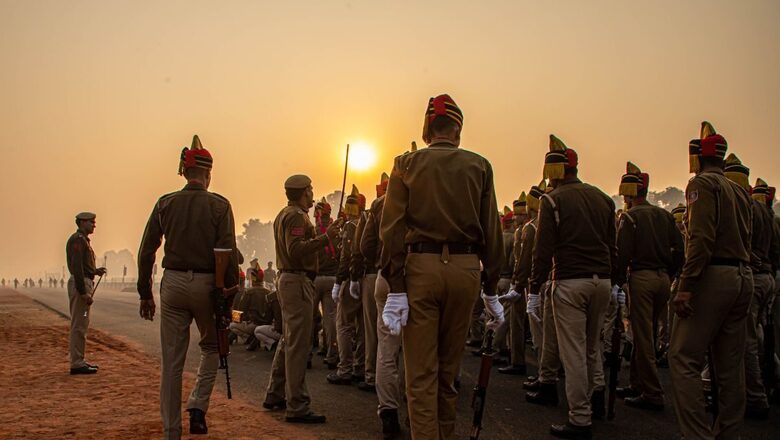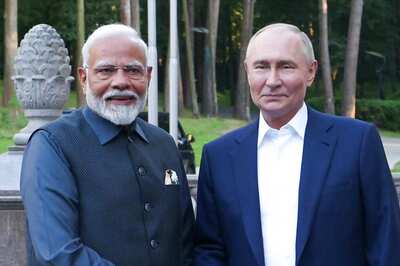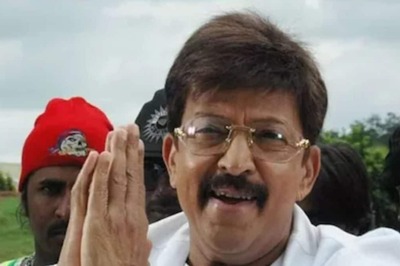
views
The Centre is mulling a proposal to achieve common standards in counter-insurgency and anti-terrorism trainings for police personnel across the country to make them more effective.
The proposal, which was sent years ago, is now under ‘active consideration’ and, if approved, forces or police will be identified to conduct specialised counter-insurgency trainings. The step will standardise trainings and forces will be able to achieve the ‘Common Minimum Standard’ of CI trainings.
A top official, while giving details of the proposal, said: “Currently, all forces and a few state police run their CI training centres. To achieve common standard, it would be better to get trained from one force for one trait. Everyone will have to get training from that force or police only for the particular trait.”
The top official, who attended the latest meeting on the subject, said: “For example, fighting in the jungle demands exceptional traits, fitness and skills. It is a unique tradecraft — quite unlike any other policing task. This fundamental fact needs to be focused on if our jungle training efforts are to be fruitful. The traits of stealth, silence, small team tactics and invisibility, which are at a premium in quintessential jungle fight, are quite contrarian to the normal police habits. For such training, greyhound or CRPF can train all with common standards. Instead of everyone giving training about jungle warfare, the proposal speaks about the one force, one trait concept.”
The proposal makes a similar point. “Each State Police Force is unique and may have very distinct features and may need a specific focus in its training institutions to deal with their own terrain, adversaries, tactics, technology, etc. Yet, this does not detract from CIATs from aiming at national benchmarks — by ensuring a Common Minimum Standard — analogous to the Common Minimum Programme in politico, socio, economic fields.
“This would not only boost the Security Action competencies of the individual States, but ultimately enhance the national Cl performance and help harmonize with the operational practices of CAPF. The best way to do this, it was felt, was first to collaboratively seek the ‘best practices benchmarking’ among the CIATs and turn the workshop into an improvement tool,” it says.
Hiccups in police training
According to a senior government official, it has been noticed that the trainers in states have less knowledge and ability to transfer skill-sets linked to jungle fight.
“The CIATs are under the direct charge of SP/Commandant rank officer. At times, the officer in-charge of the CIAT has a dual charge. Some with either little training background or no personal exposure or knowledge of jungle craft or jungle fight or small team ops are at the helm. Also, ‘jungle policing’ is a far cry from run-of-the-mill policing. Jungle is particularly unhealthy for an ill-trained soldier. Ideally, an officer and his men (Deputy SP down to constable) who are going to act as a team should be trained as one team,” the officer said.
Focus on night operation and training
A senior official in the Union home ministry said the focus would also be on troops getting ready and trained for night operations.
“They should get a common standardised training for night operations and a force like NSG or any other force can train them or at least give training to the state-level trainers,” a government official said. It has also been proposed that night training must be increased by 33 per cent and a syllabus must be prepared by Bureau of Police Research and Development (BPR&D) regarding the same.


















Comments
0 comment